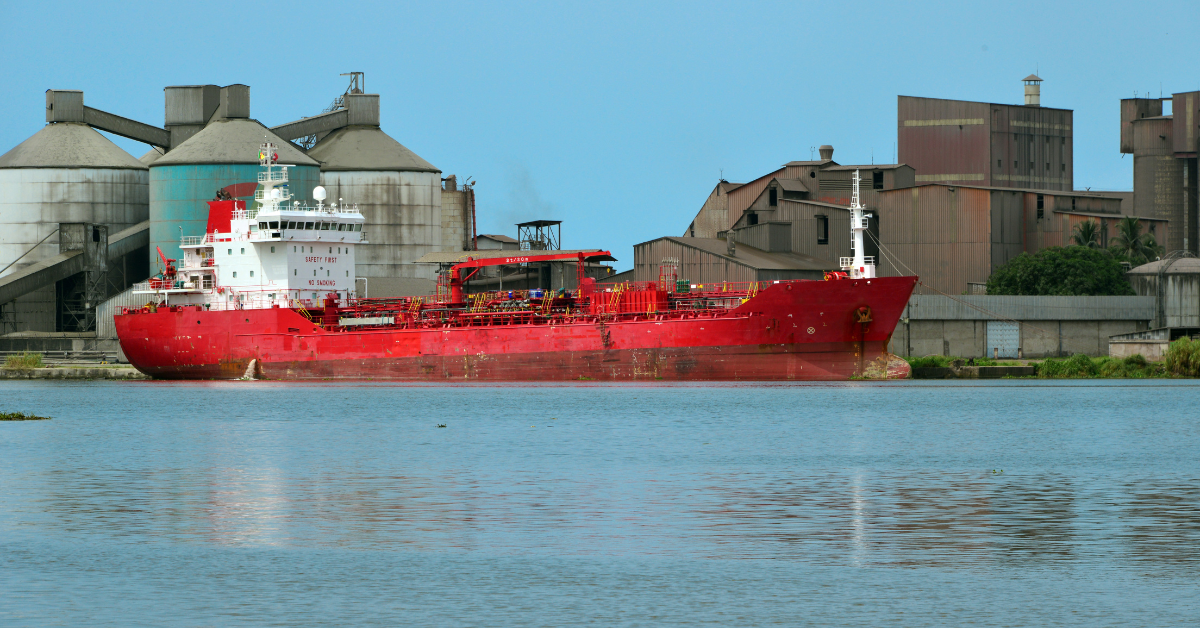Douala, the largest city in Cameroon, plays a vital role as the country’s economic and cultural hub. Unlike European cities such as London or Paris, it does not have a Kanji notation in Japanese and is always written in Katakana. This uniqueness reflects the historical context of Japan’s interaction with Africa and highlights Douala’s growing importance in global trade and sports.
Kanji Notation and Japanese Representation of Douala
The way foreign place names are written in Japanese has been shaped largely by history. European city names that came through China, such as “倫敦 (London)” and “巴里 (Paris)”, have Kanji notations because cultural exchange was long-standing. For African city names, however, there is generally no Kanji notation, since they entered Japanese usage only in modern times.
Douala follows the same pattern. In Japanese, it is written only in Katakana as “ドゥアラ.” This reflects the fact that Africa had relatively little direct contact with Japan until modern times, especially compared with Europe.
| City Name | Katakana Notation | Kanji Notation | Notes |
|---|---|---|---|
| London | ロンドン | 倫敦 | Historically used via Chinese influence |
| Paris | パリ | 巴里 | Established through early diplomatic ties |
| Douala | ドゥアラ | None | Written only in Katakana in modern Japanese |
Douala as the Economic Center
Douala is Cameroon’s largest port city and the key driver of the national economy. With a population exceeding three million, it is among the largest cities in West Africa. Its port functions as the main artery for exports and imports, handling petroleum, timber, cocoa, and coffee. Goods produced inland are transported to Douala and shipped worldwide.
In addition, many financial institutions and international companies are based there, making the city highly internationalized. While French is the main language, English is also common in business contexts, making it accessible for foreign companies.
| Sector | Characteristics | Global Connection |
|---|---|---|
| Port Industry | Largest port in West Africa | Trade hub with Europe and Asia |
| Agricultural Exports | Cocoa and coffee are central | Some exports reach Japan |
| Energy | High volume of petroleum products | Directly tied to world markets |
| Financial Services | Foreign banks and trading firms are present | Supports international business |
Thus, Douala is both the economic heart of Cameroon and its gateway to the world.
The Japanese Image of Douala
For Japanese people, Douala is not a familiar city. It is often known only through news reports or international cooperation projects, leading to fragmented impressions.
| Image | Description |
|---|---|
| Economic Hub | Center of logistics and trade in West Africa |
| Safety Concerns | Reports of urban crime and infrastructure issues |
| Cultural Diversity | A microcosm of Cameroon’s ethnic and linguistic mix |
| Sports Passion | City-wide enthusiasm, especially for soccer |
The strongest perception is of Douala as a city where economic vitality and safety concerns coexist, shaping the way Japanese people talk about it.
Douala Through the Lens of Sports
Douala is also a hub of sports culture. Soccer is central to the city’s identity and deeply ingrained in daily life. Local clubs dominate the domestic league and sometimes compete in the African Champions League.
The city has produced many of Cameroon’s national team stars. Douala-born players who succeed in European clubs become role models for young people, and on match days the entire city vibrates with excitement.
Basketball and track and field are also popular. Sports serve as a pathway for youth to pursue education and opportunities abroad, making athletics a social ladder as well as entertainment.
| Sport | Characteristics | Social Role |
|---|---|---|
| Soccer | Most popular sport | Bridge to international careers |
| Basketball | Common in schools | Builds teamwork and fitness |
| Athletics | Strong in international competitions | Boosts national pride and local development |
Sports culture is a familiar point of connection for Japanese people as well, serving as a potential bridge for international exchange.
Cultural and Daily Life Aspects of Douala
Douala is not only an economic hub but also a melting pot of cultures. Its food culture is rich with seafood and spices, offering new culinary experiences for Japanese visitors. In music, the traditional rhythm known as “Makossa” blends with modern styles, giving the city a unique cultural identity.
Life in Douala faces challenges such as traffic congestion and water infrastructure problems, but the vibrancy and sociability of its people are often highlighted as defining traits.
| Area | Features | Appeal for Japanese People |
|---|---|---|
| Food | Abundance of seafood and spice-based dishes | Unique taste experiences |
| Music | Makossa fused with modern genres | Exposure to African rhythms |
| Language | French dominant, English and local languages common | Enjoying linguistic diversity |
The cultural dimension is just as important as the economic one when understanding Douala.
Conclusion
Douala does not have a Kanji notation and is written only in Katakana as “ドゥアラ.” Yet, its significance is undeniable. It is the economic heart of Cameroon, a crossroads of culture, and a center of sports passion.
For Japanese people, it may still be a distant and unfamiliar city, but through trade, international cooperation, and sports, Douala’s visibility is growing. Recognizing both its challenges and potential is the first step toward deepening relations between Japan and Africa.






